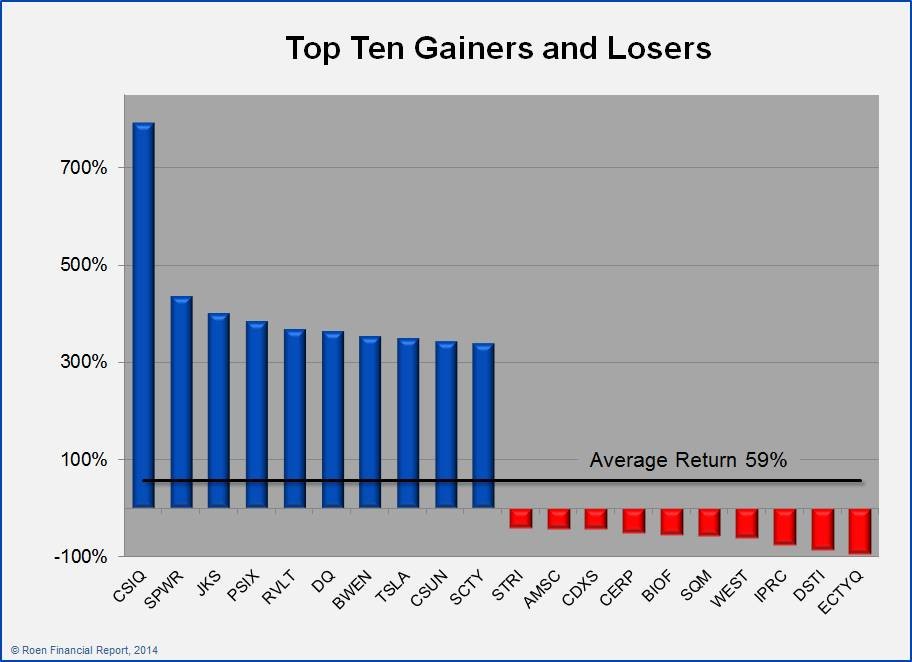Japan ETFs For A Yen Rout Yahoo Finance Canada
Post on: 16 Июнь, 2015 No Comment

With so much investor attention on the post-election “fiscal cliff,” the eurozone debt crisis and the once-in-a-decade change of leadership in China, investors may be overlooking some big developments in Japan, the world’s third-largest economy.
Since late September, the yen has weakened substantially due to increased speculation that the Bank of Japan (BoJ) will come under tremendous political pressure to embark on a massive quantitative easing program to weaken the yen and end deflation, which has plagued the country for two decades.
Exacerbating the yen’s fall during the past few days is Shinzo Abe calling on the BoJ to get aggressive on its current stimulus and begin an unlimited quantitative easing (QE) program to weaken the yen and reset its inflation target from the current 1 percent to 3 percent.
Abe is a former prime minister, the current leader of the Liberal Democratic Party (LDP) and, quite possibly, about to again become prime minister.
Indeed, Abe’s LDP is currently leading the polls for next month’s elections, and if it wins—and if Abe is serious about his intention to ramp up monetary easing—a new day may be about to dawn in Japan’s battle against deflation since its real estate and stock market unraveled more than 20 years ago.
This should be positive for Japanese equities, which have rallied strongly in the past few days, as the yen got punished.
That’s because a large component of Japan’s economy is export-driven, and there has been an inverse correlation between yen weakness and equity strength in recent years.
All this means that should Abe become prime minister and install an ultra-dovish governor at the helm of the BoJ who would zealously ramp up QE, investors should keep an eye on a number of ETFs.
Equity ETFs
I’ve long felt that with the yen sitting in the mid-to high-70 range, the way to play a rebound in Japan is through a currency-hedged product like the WisdomTree Japan Hedged Equity Fund (DXJ ) over a nonhedged product like the $4 billion iShares MSCI Japan Index Fund (EWJ ).
DXJ hedges its exposure to the yen by shorting yen futures and forward-contracts. It doesn’t necessarily carry a net short-yen exposure; rather, it neutralizes its yen exposure.
So, while DXJ’s short-yen exposure won’t directly juice the fund’s returns as the yen falls, investors in DXJ will get a purer equity exposure. That said, if the yen continues to weaken, Japanese equities should indirectly get a boost, which holders of DXJ will enjoy.
WisdomTree also recently announced a change in its index methodology for DXJ. Effective Nov. 30, 2012, DXJ will implement a filter in its methodology to place a heavier focus on multinational companies poised to benefit from a weaker yen.
Another currency-hedged product to keep an eye on is the db-X MSCI Japan Currency-Hedged Fund (DBJP ), which tracks the same MSCI index as EWJ, but with a currency-hedged feature.
In the meantime, investors with their Japan equity exposure parked in the popular EWJ are exposed to currency risk. That cuts both ways:They’re negatively affected by any losses in the yen, but of course benefit when the yen rises.
Currency ETFs
Investors looking to play yen weakness directly without equity exposure can short the CurrencyShares Japanese Yen Trust (FXY ) or go long the ProShares UltraShort Yen ETF (YCS ).
I prefer shorting FXY over going long YCS, since I’m more of a long-term bear on the yen. With interest rates near zero in Japan, FXY hasn’t paid dividends, so short-sellers haven’t been on the hook for any payouts due the actual owners of the shares that have been borrowed for shorting.
Plus, not only do leveraged products have a negative compounding effect over the long haul, YCS is structured as a commodities pool, as it gains its exposure using futures contracts.
This means mark-to-market tax consequences every year, whether you sell or not—and K-1 forms. Not for me, thanks; I like to keep my taxes simple.
But to each his own. Some investors don’t care about K-1s and would prefer YCS’ tax-rate benefits. Specifically, 60 percent of its capital gains or losses are taxed as long term, while 40 percent are taxed as short term. In comparison, all of FXY’s gains are taxed as ordinary income for FXY.
Concluding Thoughts
If the LDP takes control next month and the BoJ goes all-in the way Swiss National Bank did in its efforts to weaken the Swiss franc, things should get interesting in Japan.
But investors need to keep a few things in mind. On numerous occasions, the yen has been pummeled on speculation of more action from the BoJ, only to surge once again after the shorts were disappointed by a smaller-than-expected stimulus announcement.
If the U.S. “fiscal cliff” situation worsens, or the eurozone debt crisis rears its ugly head again, the BoJ may have to fight some strong market forces pushing the yen stronger, as investors pile back into the yen as a safe-haven currency.
That’s ironic, to say the least, since Japan’s debt-to-GDP ratio, currently well over 200 percent, is higher than any nation in the world, even higher than Greece. That said, comparing an industrial powerhouse like Japan to Greece is more than a little inappropriate.
In any case, the recent announcements point to a real possibility for some structural changes in Japan’s monetary policy in the coming year.
The good news is that there are plenty of ETF products in which you can take advantage of further yen weakness in such a scenario.
At the time this article was written, the author held a long position in DXJ and a short position in FXY. Contact Dennis Hudachek at dhudachek@indexuniverse.com.
More From IndexUniverse.com














